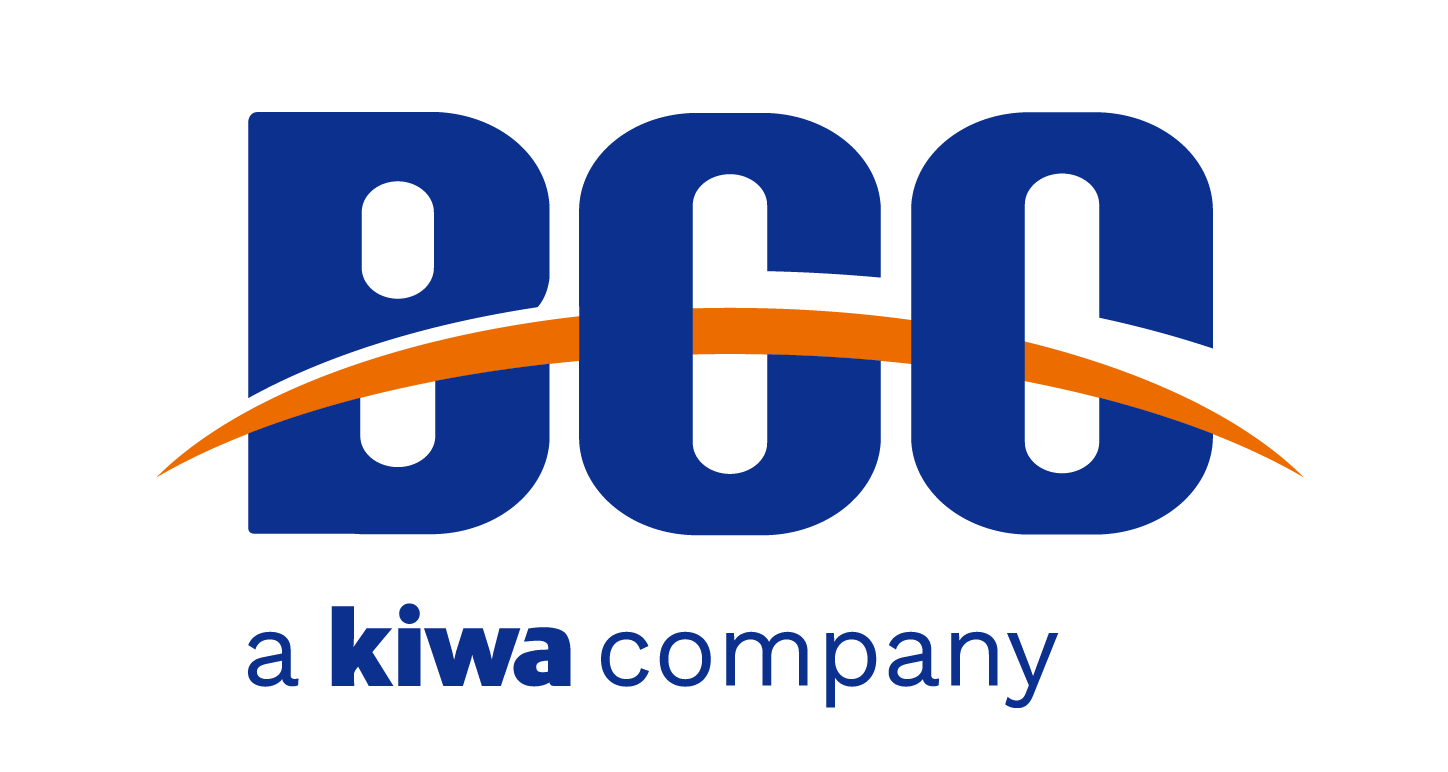System certification: necessary qualification for enterprises
The management system is developed from the concept of quality management and inherits the essence of quality management.

System certification
- Intellectual property management system
- Energy management system
- Information security management system
- Occupational health and safety management system
- Supply chain security management system
- Food safety management system
- Environmental management system
- Information technology service management system
- Social responsibility management system
- Medical device quality management system
- Quality management system
- HACCP management system
- Business continuity management system
- HSE management system
- Road vehicle network security management system
- Compliance management system
- Anti-bribery management system
- Asset management system
- Enterprise integrity management system
- Privacy information management system
- Cloud service information security management system
- Personal identifiable information protection management system in public cloud
- Personally identifiable information protection management system
Asset management system
Asset management is critical for some asset-intensive industries, directly related to the continuity of production and service, product and service quality, cost, personnel safety and environmental impact, and even determine the life and death of the enterprise. In most cases, asset management is in an auxiliary and passive position in enterprise management, becoming the defendant in management meetings. This situation has long plagued asset managers of many enterprises and has become a painful helplessness. The reason is that the concept and management method of asset management of most enterprises are still quite backward.
The ISO55000 series of standards was released in 2014 with the goal of helping organizations maximize the value of their assets. Certification to the ISO 55001 Asset Management Management System (AMS) standard is applicable to organizations of all sizes in all industries and helps you understand the value of your company's assets, both physical and intangible. Physical assets usually refer to equipment, inventory and real estate owned by an organization. Intangible assets such as leases, trademarks, data assets, use rights, licenses, intellectual property rights, reputations or agreements.



 京公網(wǎng)安備 11010202009534號
京公網(wǎng)安備 11010202009534號